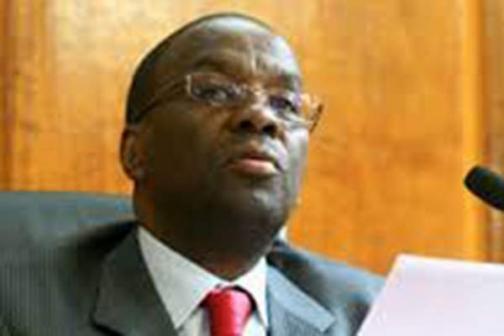×
The Standard e-Paper
Join Thousands Daily

Interviews for the next Chief Justice commenced on August 29 with Justice Alnashir Visram. The Judicial Service Commission (JSC) interviewed 12 candidates, the last candidate being Justice Jackton Ojwang. The first and last interviewees will be most remembered for excellence in tackling issues.
The interview process that has been a rigorous and informative exercise, leaving both the consumers of justice law, litigants and the public educated on the ideal qualities of a Chief Justice.